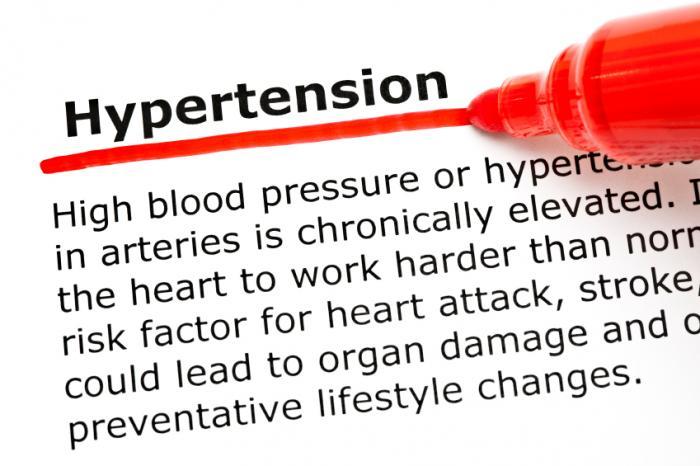The implications of social isolation have proved to be dire, especially during the recent coronavirus pandemic that has prompted lockdown restrictions. While isolation can negatively affect the physical and mental health of adults, new research shows its effects vary by gender.
According to a new study, released in the Journal of Hypertension, conducted by the University of British Columbia, women may be at a higher likelihood of suffering from high blood pressure as a direct result of social isolation compared to men.
“Cross-sectional analysis of 28,238 middle-age and old-age adults (45–85 years) was conducted using the baseline Canadian Longitudinal Study on Aging Comprehensive cohort data,” the findings read.
“Blood pressure (BP) was measured using the automated BpTRU device and hypertension was defined as BP more than 140/90 mmHg, or more than 130/80 mmHg in participants with diabetes, self-reported history or receiving antihypertensive therapy,” the co-authors also stated in their findings.
All in all, limited social participation, or social isolation, led to an increased risk of hypertension among women. The risk was higher with widowed women in comparison to married women.
“Healthcare professionals may need to consider these social factors in addressing risk for hypertension and cardiovascular disease prevention,” the findings concluded.


